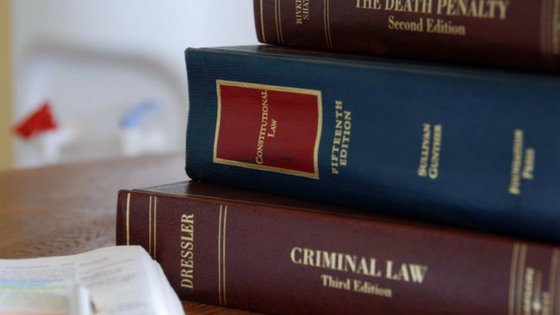Along with college football and resolutions, January 1 is also a day when new laws often take effect, and there are some that went into effect that apply to the accounts receivable management industry.
At the federal level, the No Surprises Act is now in effect, even though a lawsuit has been filed against the government by the American Medical Association and American Hospital Association. The law bans hospitals and healthcare providers from billing individuals who receive medical care outside of their insurance networks.
About 20% of individuals who visit emergency rooms are likely to receive surprise medical bills, because they are either sometimes treated by doctors who are not part of the hospital’s insurance network or because the patient was taken to a facility that is not part of his or her health plan. Under the No Surprises Act, patients will only be responsible for the in-network cost-sharing responsibilities, such as deductibles and co-pays, while insurance companies and healthcare providers would negotiate the remaining unpaid portions of a patient’s bill.
The lawsuit, filed by the AMA and AHA, seeks to block the process through which payers and providers would resolve disputes over the cost of medical treatments because the associations argue that scales are too tilted in the favor of insurance companies.
At the state level, a number of new laws went into effect, including a debt collection licensing law in California, a new healthcare collection law in Maryland, and an anti-robocall law in Maine.
Companies seeking to collect in California had to have their license applications submitted to the state’s Department of Financial Protection & Innovation by December 31 in order to be able to continue to collect in The Golden State. Companies that file their licensing application after January 1 must wait for it to be approved in order to collect in California.
In Maryland, acute care hospitals and chronic care hospitals to develop financial assistance policies that offer free medically necessary care to patients with family incomes below 200% of the federal poverty level and reduced-cost care to those who have incomes above 200% of the federal poverty level. Hospitals will also have to provide a report every year detailing the total number of patients that were sued — either by the hospital or a debt collector — to collect on an unpaid hospital bill, the number of patients to whom the hospital has and has not reported or classified a bad debt, and the total dollar amount of charges provided but not paid by patients.
Hospitals are also barred from selling debt, charging interest on a bill incurred by a self-pay patient before a judgment is obtained, and prohibited from reporting unpaid debts to credit reporting agencies or filing a civil action to collect on unpaid debts for 180 days after the initial bill is provided.
Hospitals are also barred from placing certain accounts with debt collectors, such as those where the hospital was notified that an appeal or review of a health insurance decision is pending.
Debt collectors will be required to have explicitly authorized contracts to collect debts from facilities regulated by the law, and will be required to abide by the hospitals’ credit and collection policy.









